If you had to choose, would you rather have easy or effective? Decisions can be made quickly and easily if we had been in this same situation before and know what works, for now at least. It takes patience, critical thinking skills, asking the right questions, and regular communication with your employees to make effective decisions for long term benefits.
If you had to choose, would you rather have easy or effective? Decisions can be made quickly and easily if we had been in this same situation before and know what works, for now at least. But what about the long-term effects of your decisions on your career, your business, and your life? Years ago, I made an easy decision to delay going to college after high school to make some money working at an insurance company. Little did I know how that one decision was going to affect my future. Then I made another easy decision, to get married. One easy decision without thought of the consequences for my future lead to another easy decision until I was completely off track from my original career path.
It was hard getting back on track and I really had to fight to get to college. Finally, I did complete my BA and later I went onto get a MA but the career path I wanted was no longer available to me. I am happy with the career path I chose but I never really caught up from those years I missed by working instead of going to school but I did grow up. I developed critical thinking skills where I took my time to assess the possibilities as well as the consequences of each of my decisions.
An article by Mike Espeset, President of Story Construction in Ames, IA used the analogy of playing chess versus checkers. Espeset gives examples of ‘chess-like’ thinking he uses in running his company and in his personal life. He explains, chess takes strategy, planning, creativity, and critical thinking skills. You must think ahead in your moves. Checkers has more limitations and requirements before you can make a move but it does require some strategy. It’s the same board but two different games.
“It seems like in this time in society and in our work, we have a lot of people offering checkers commentary on chess work,” says Espeset.
Checkers is faster and easier to learn but it’s the chess questions we need to be asking to be effective in our lives. This takes patience, asking the right questions, finding answers, and regular communication with your employees.
Espeset’s final comment, “The next time you see what looks like a game of checkers, remember someone else is seeing a game of chess.” I couldn’t agree more.
Jean
Mike Espeset’s article, The Game of Chess
